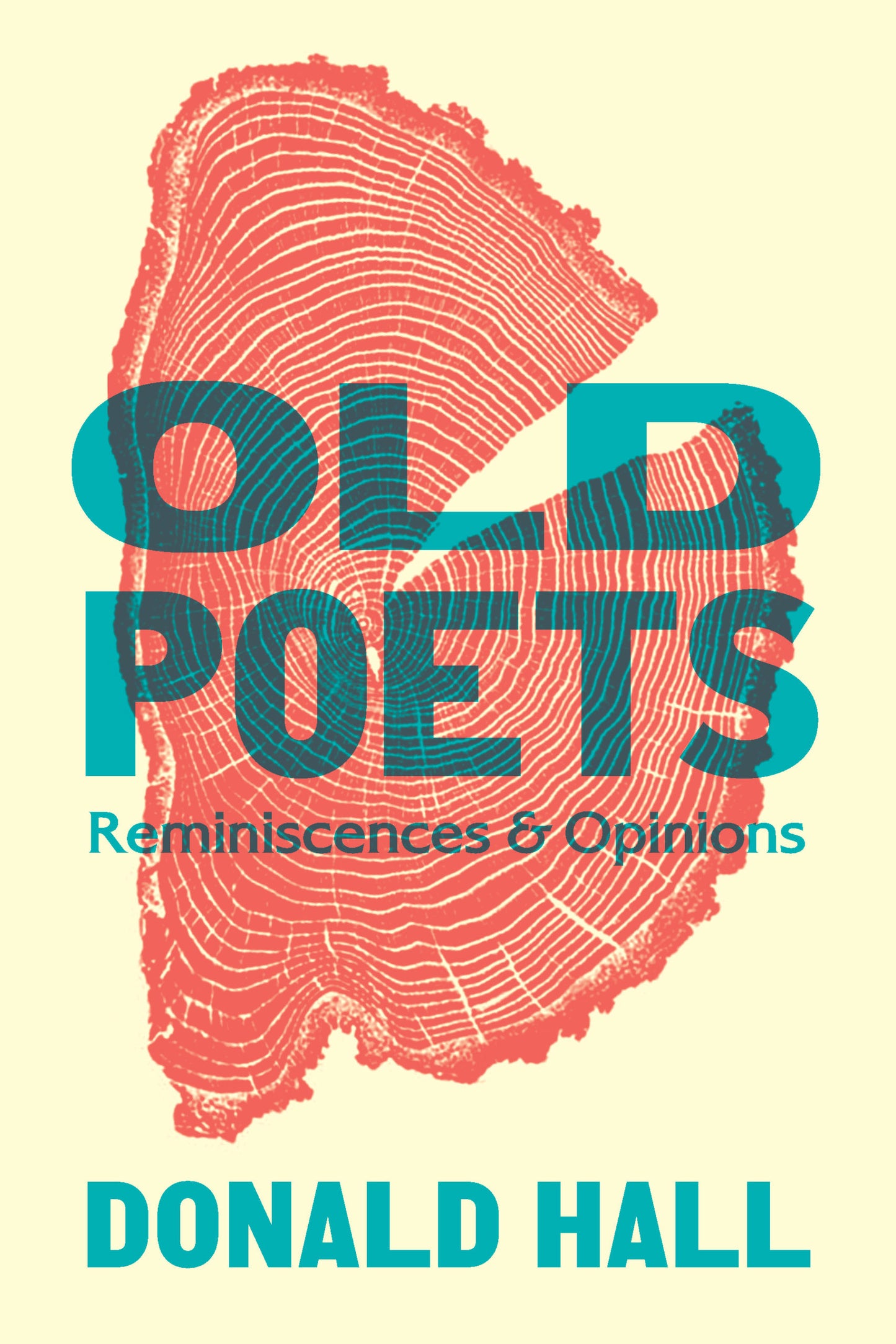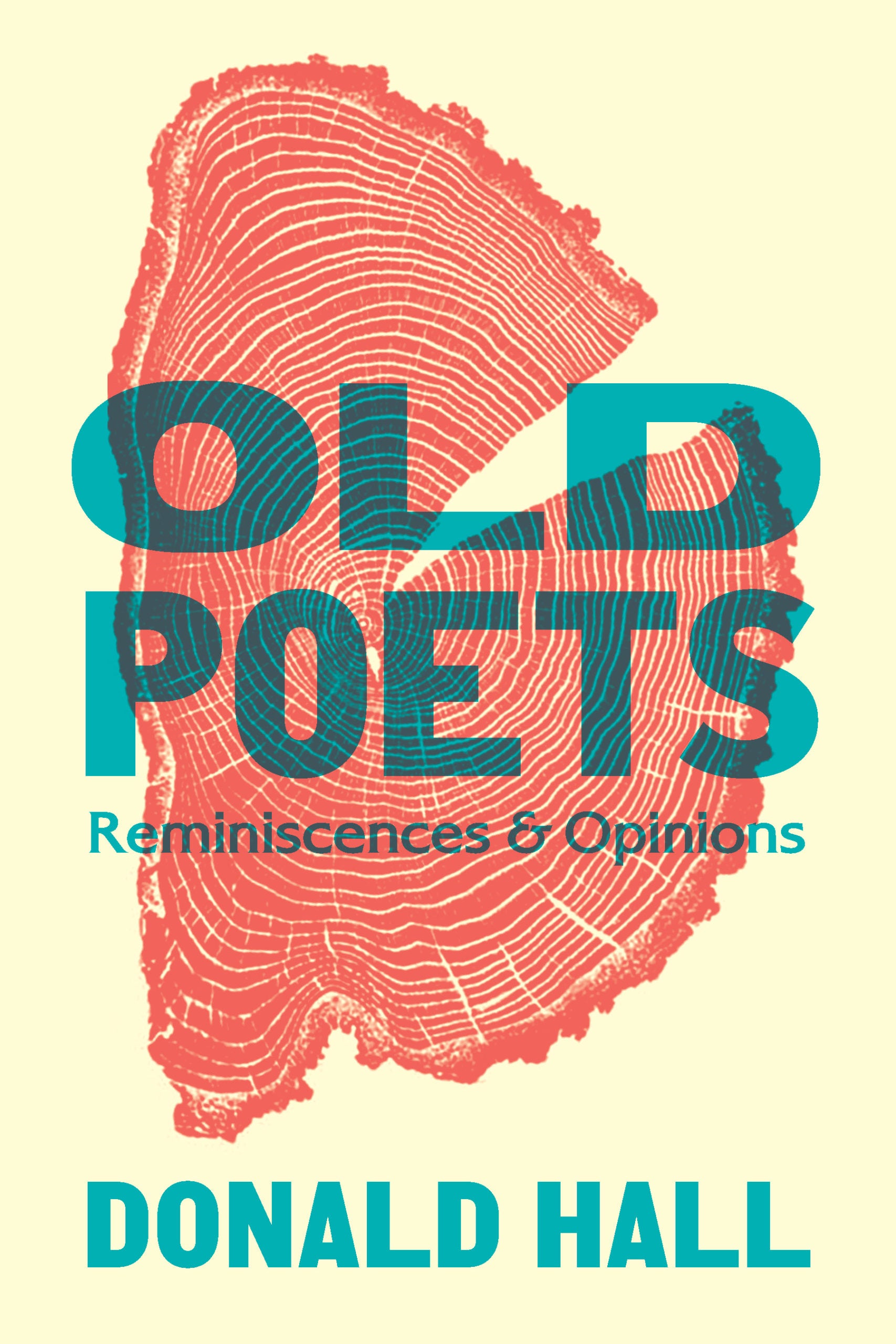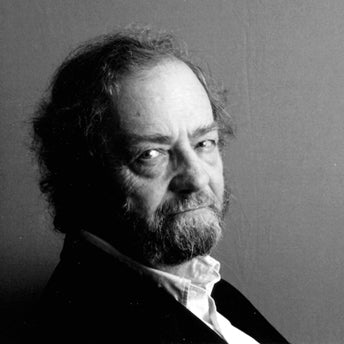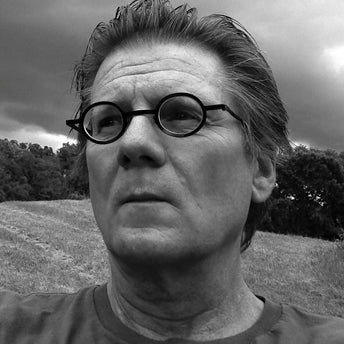
“As a personalized introduction to the leading figures of literary modernism, no better book exists.” —The New York Times
Intimate portraits of great poets in old age, giving new insight into their work and their lives, and context to the often flawless art created by flawed human beings. The best of themselves endure, and the old poets’ existence and endurance gives readers courage to pursue their own vision.
Donald Hall (Essays After Eighty and A Carnival of Losses: Notes Nearing Ninety) knew a great deal about work, about poetry, and about age. Each of those things come together in this unique collection. We hear about Robert Frost as Hall knew him: vain and cruel, a man possessed by guilt. But, as Hall writes, “The poet who survives is the poet to celebrate; the human being who confronts darkness and defeats it is the one to admire. For all his vanity, Robert Frost is admirable: He looked into his desert places, confronted his desire to enter the oblivion of the snowy woods, and drove on.”
Hall’s essays are once both intimate portraits and learned treatises. He takes us on a pub crawl through the Welsh countryside with the word-mad Dylan Thomas; to the Faber & Faber office of T. S. Eliot, who had discovered more happiness in age than in youth; to a reading where Robert Frost’s public persona hid the truth; to Brooklyn for lunch with the enigmatic Marianne Moore; and to Italy and for a visit with the notorious Ezra Pound. By the time Hall met them, each poet was, he observed, “old enough to have detached from ongoing poetry, to feel alien to the ambitions of the grandchildren.”
Also included are portraits of the poets who taught Hall as a writer: the unfailingly kind Archibald MacLeish and Yvor Winters, from whom he learned the most about poetry. Along the way are observations about many other poets and the literary cultures that sustained them.
Contents include: “Vanity, Fame, Love, and Robert Frost,” “Dylan Thomas and Public Suicide,” “Notes on T. S. Eliot,” “Rocks and Whirlpools: Archibald MacLeish and Yvor Winters,” “Marianne Moore: Valiant and Alien,” and “Fragments of Ezra Pound.”
For lovers of literature, this is a gorgeous remembrance and likely to compel an immediate visit to the poetry section of the nearest bookstore—as Hall writes, “Their presences have been emblems in my life, and I remember these poets as if I kept them carved in stone.”
A new introduction by the poet Wesley McNair gives context to Donald Hall's own long literary life.
Advance Praise for Old Poets
“Reading it again after all these years in this sparkling new edition, I see that Donald Hall’s book of memoirs and opinions, Old Poets, is one of those quirky triumphs of literature that he so admired. It is a great pleasure to read—frank, funny, and entertaining, but also serious and insightful, filled with a sense of mission and vocation. I find it candid, unabashed, and inspiring.” —Edward Hirsch
“Donald Hall’s classic study of mid-century poetry, Remembering Poets, was first published in 1978. It was then republished in 1992 as Their Ancient Glittering Eyes, and included more poets. It’s now being brought back by Godine as ‘Old Poets,’ with the same material, plus a new introduction by Wes McNair. These essays on poets—such as Robert Frost, T.S. Eliot, Marianne Moore, Dylan Thomas, Ezra Pound and others—grew out of interviews and other encounters (some just on the page, as with Pound) the young Hall had with them as the new editor of The Paris Review. A fascinating window into the careers of many giants in the world of poetry, and into the mind of a giant of New Hampshire letters.” —Michael Herrmann, Gibson’s Bookstore (Concord, NH)
“Donald Hall has gone through more versions than Microsoft Word—ageless griever and sage, fire-lighter and reviver, versifier and guide—and has carried them out near perfectly. With A Carnival of Losses: Notes Nearing Ninety, we added micro-chronicler and liker/dis-liker, mad-diviner and ancient rhymer. And now with Old Poets (formerly Remembering Poets, later Their Ancient Glittering Eyes we can wood-burn-in door-attendant or cooler, recaller and brother-in-forms. Right up till his death Hall continued to trade in his oracle for newly fashioned insight and hearsay only to come out the other side more wild-maned and file-named than ever.” —Mark DeCarteret, Water Street Books (Exeter, NH)
Critical Praise for Old Poets
“It’s impossible not to love Old Poets . . . an indispensable jewel . . . so rich, so packed with ideas and incident, any page reveals gold . . .” —Washington Post
“It is rare to find such an expert witness in the defense and celebration of poetry, such a champion of artistic courage, as we find in Donald Hall.” —Los Angeles Times
“An astonishing array of encounters . . . Hall’s observations are shrewd and generous.” —Boston Globe
“A very wise tome, partisan yet unblinking, which explores literary creativity both as an abstract idea and as a deeply personal and often involuntary commitment to the muse . . . offers dazzling insights into some of the greatest poetic minds of our time.” —Chicago Tribune
“If Old Poets only preserved Hall’s anecdotes and observations, it would be a fascinating document of literary history. But he is also a keen critic, drawing connections between the writer and his or her work.” —Harvard Magazine
"In Old Poets, the late poet Donald Hall opines on everything literary . . . and readers will vicariously experience outings with eminent poets." —City Journal
“ ‘Curiosity endures, surviving criticism or philosophy,’ affirms poet and critic Hall as he introduces a distinguished gallery of poets—Frost, Thomas, Eliot, Moore, MacLeish, Winters, Pound—with verisimilitude and freshness enough to satisfy readers. The most thorough portrait follows Hall’s relations with Eliot, disclosing a personality rather than a ‘monument’—an unusually humorous and surprisingly ‘American’ poet. And his reminiscences of the lonely, disconcerted Pound may be the book’s most insightful. Although Hall’s voice in these recollections and interviews is quiet, even self-effacing, he writes as a trustworthy and sympathetic witness, one who reveres his subjects: ‘Their presences have been emblems in my life, and I remember these poets as if I kept them carved in stone.’ ” —Publishers Weekly


